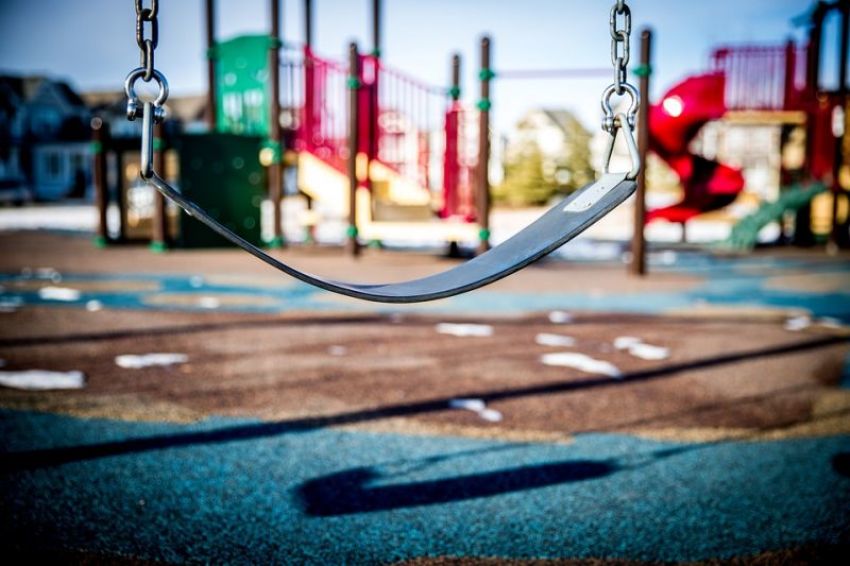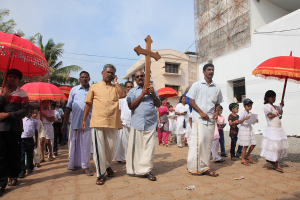What you need to know about protecting children in your church

Is child abuse really a problem in our culture? Absolutely, the problem is real. About 686,000 children were abused in the United States in 2012, and over 1,600 children died from abuse the same year.
Approximately 1 in 4 women and 1 in 6 men have been sexually abused as a child. From a biblical perspective, we live in a hyper-sexual culture in which children are exposed to a repeated and perverse narrative. Pastors and church leaders who ignore this issue are disregarding one of the most dangerous problems affecting children.
Does child abuse actually occur in the church? Yes. Victims of abuse are in your church. Since approximately 25% of women and 17% of men have suffered abuse at some point in their childhood, abuse victims are coming to your church every week. Though specific statistics concerning the number of cases involving sex abuse in the church are hard to obtain, insurance companies handle hundreds of claims a year in which a pastor, staff person, or volunteer is accused of sexual abuse. The problem is real in the church just as it is in the greater culture.
Where is the greatest danger in most churches? Most churches have specific processes for child safety on-campus and during regular church hours. The greatest danger involves church sanctioned events and programs that are off site. In-home Bible studies and groups, in particular, are susceptible to lax controls. In fact, many of the worst cases of child abuse have occurred in home groups.
Too often, I hear of home groups in which children are placed in a room with limited or no supervision. If a church threw a bunch of children in a room without supervision during Sunday morning classes, most parents would be shocked. You should not allow the same to happen with in-home groups. In fact, I suggest having even tighter controls for in-home groups. Predators often gravitate to the most trusting environments with the most lenient supervision. Unfortunately, church home groups can typify this type of environment.
What should we do about suspected abusers? One of the most difficult aspects of this issue involves people whom you suspect have the potential to harm children, but may not have acted out yet. Obviously, you should not wrongly accuse someone. Spreading suspicions without facts is not helpful and can cause much damage. However, neglecting certain signs that raise suspicions is equally as dangerous. As with any sin issue, pastors and church leaders should talk to the individual if suspicions exist. Better to have an awkward conversation and keep children safe than dismiss suspicions and experience a tragedy.
Are we allocating the proper resources for child protection? Proper policies and procedures are necessities for protecting children. However, you must also allocate enough resources to implement these policies and procedures. If your church must choose between adult curriculum and background checks, then the children are the priority. If your church is deciding between safer areas for children and a new choir room, then the children are the priority. Child protection is too important an issue. It should be among the top ministry priorities for churches.
What if something happens at my church? Most churches will experience some form of an attack against children. Be prepared with specific policies and procedures. Also, make sure all staff and every volunteer understands the processes for reporting abuse. Report every reasonable suspicion of abuse or neglect to the proper authorities. The scandal occurs in how you handle the situation. Cover-ups cause just as much harm as the offense.
Any organization with lots of children is a target for predators. Satan especially wants to attack churches. John 10:10 warns that spiritual thieves steal, kill, and destroy. Predators steal the innocence of children. Predators kill the mission of the church. Predators destroy lives of families. The issue of child protection is difficult. The problem is real. Pastors and church leaders must protect children.
This piece was originally published at the Thom S. Rainer website
Thom S. Rainer is the founder and CEO of Church Answers, an online community and resource for church leaders. Prior to founding Church Answers, Rainer served as president and CEO of LifeWay Christian Resources.



























